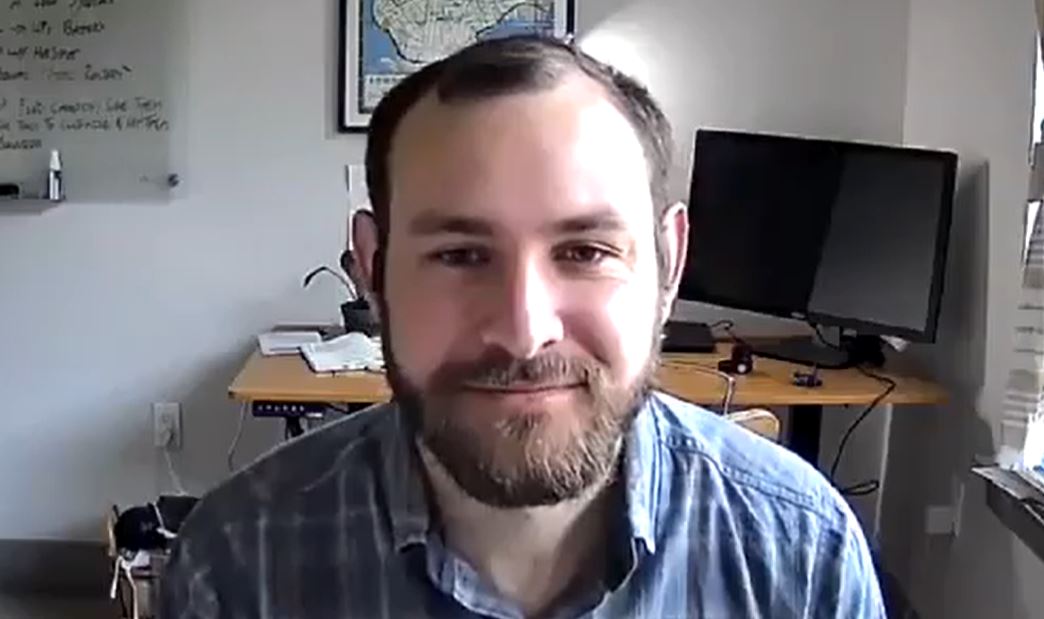As an economist and former public policy adviser, Sir Julian Le Grand has experienced first-hand the importance of motivations and incentives in the public sector. As the Marshall Institute prepares to launch the Executive Master’s in Social Business and Entrepreneurship, Julian looks at how our deepest motivations can radically impact outcomes, even at the highest level.

What drives us is more complex than it might first seem. Not only are we often motivated by complex and sometimes contradictory goals, but these ideas can also have a huge impact on outcomes. For public policy, understanding this impact is vital.
An economist by training, I’ve also worked in philosophy, management and sociology for both universities and the government. Throughout, I’ve always been interested in what motivates people – especially the people that work in government. Their motivations can shape the outcomes of millions of people. That’s why it’s so important to understand how and why this happens.
In order to grasp how changing motivations have influenced public policy, we must first outline how the public sector itself has mutated over the years. As ideas about what constitutes good government develop from generation to generation, the motivations of those choosing to work in the public sector adapt alongside them.
Therefore, the way in which public organisations have been incentivised has changed over time. After the ‘state failure’ of the 1970s – most spectacularly in the Soviet Union, but also the disenchantment with state-run utilities – there was a market reaction. This manifested in the belief that on the whole the market ways of doing things are superior, because they’re more sensitive to people’s needs than states can ever be.
The following period of marketisation encouraged us to apply the same private sector motivations to public-sector professionals. Since the 2000s, we’ve been worried about the side effects of the markets – runaway inequalities, exorbitant salaries, the feelings that people exploit the failures of the market to service their own personal gain.
What we’re seeing now is the growth of a hybrid motivation – and a hybrid organisation. Individuals who run organisations within the public sector do so with much more complex motivations. They want to make money, they want to be efficient, and they want to be as good as anyone in the private sector.
But they also want to make a social impact. They don’t just want to make money. They don’t just want to get rich. They want to do some good. They want to make a genuine difference. These ‘hybrid motivations’ distinguish our generation from those of the past.
As this attitude takes hold within social impact organisations, it’s also growing outside of these organisations. In areas such as finance, the desire to do good is establishing itself through initiatives such as social impact bonds.
Across both public and private sectors, the new generation is slowly changing organisations from within. When you look at the motivations of the people we increasingly call Millennials, surveys show that they have complex motivations – yes, they want to make a good living, but they also want to make social impact.
In part, it’s because they’re young, but this newfound desire for social impact is also fuelled by the massive market failures of 2008 and beyond. People are looking for something different. There’s a genuine desire to find new ways of working.
These changes have the power to help reshape our world for the better. And that’s why our EMSBE programme is important. I hope the students of EMSBE will develop an understanding of this new attitude, empowering them to start, run and organise these types of organisations in future. Our first cohort will benefit from participating in a social movement to spread these ideas – and that’s what the world needs, too.
ABOUT THE AUTHOR

Julian le Grand has been Professor of Social Policy at LSE since 1993. He is an economist by training, with a PhD in economics from the University of Pennsylvania. He is the author, co-author or editor of over twenty books, and more than one hundred refereed journal articles and book chapters on economics, philosophy, and public policy. He was awarded a knighthood in the 2015 New Year’s Honour’s list for services to social sciences and public service.





